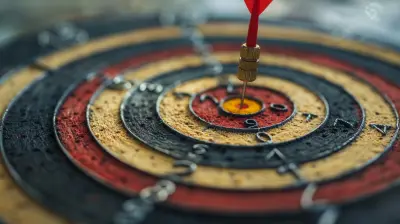How Personalization Drives Loyalty in B2C E-Commerce
24 October 2025
Let’s be real—when was the last time you felt truly loyal to a brand that treated you like every other customer? Probably never, right? In the world of B2C e-commerce, where competition is fierce and consumers are spoiled for choice, one key ingredient separates the forgettable from the unforgettable: personalization.
Brands that win your heart—and your wallet—are the ones that seem to know you. They recommend the products you actually want, send you emails that don’t look like spam, and make your shopping process smoother than a fresh jar of peanut butter. But how do they do it, and more importantly, how does this level of personalization create long-lasting loyalty?
Let’s break it down.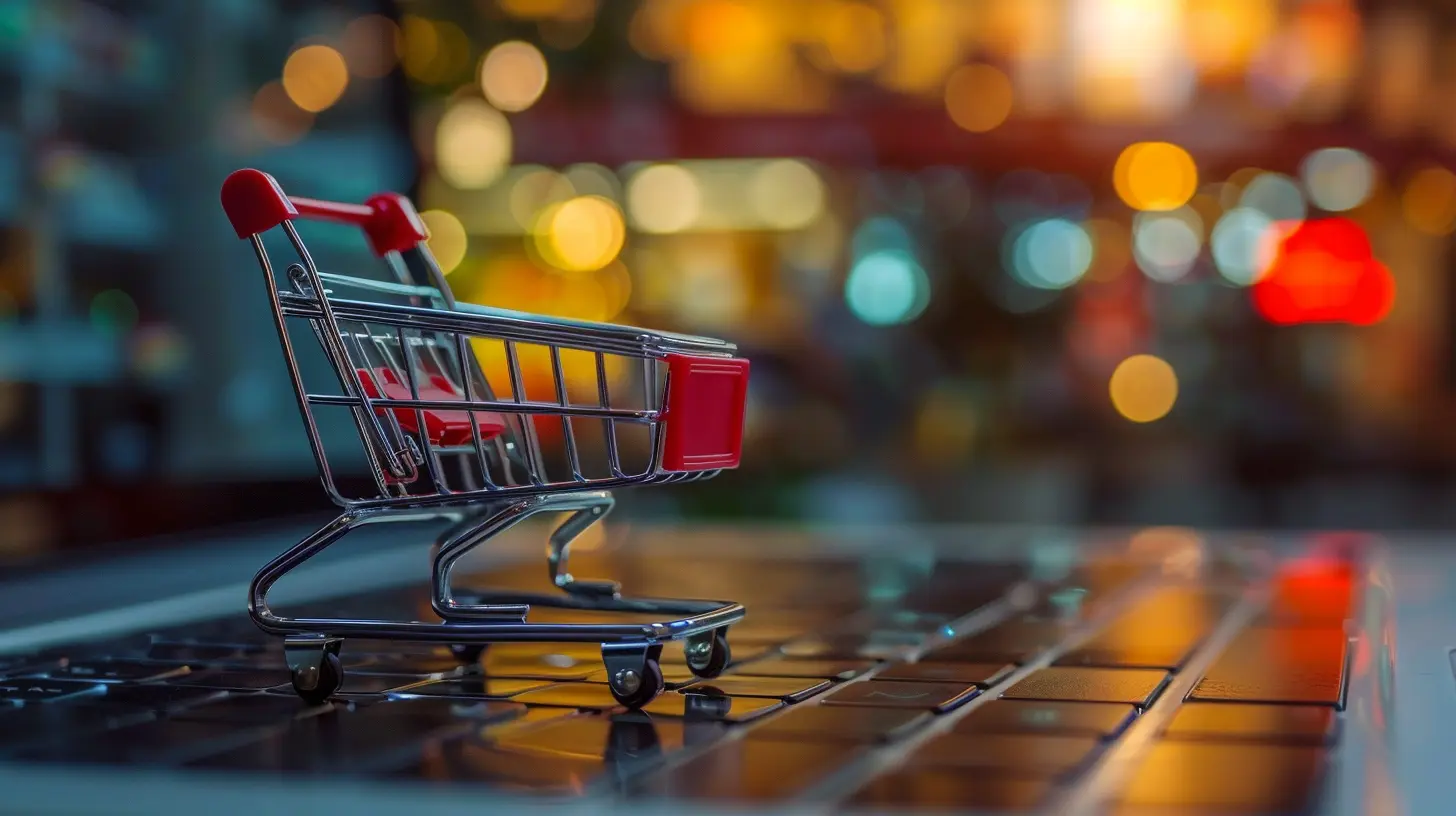
What Is Personalization in B2C E-Commerce?
In simple terms, personalization in e-commerce is all about tailoring the shopping experience to individual users. It’s the difference between a “one-size-fits-all” offer and that custom gift basket that has all your favorite snacks in it.Think personalized product recommendations, custom email campaigns, dynamic website content, and even personalized promotions and discounts. It taps into customer data—like browsing history, purchase behavior, location, and preferences—to serve relevant content and offers. It’s like your favorite online store is whispering, “Hey, we know what you like.”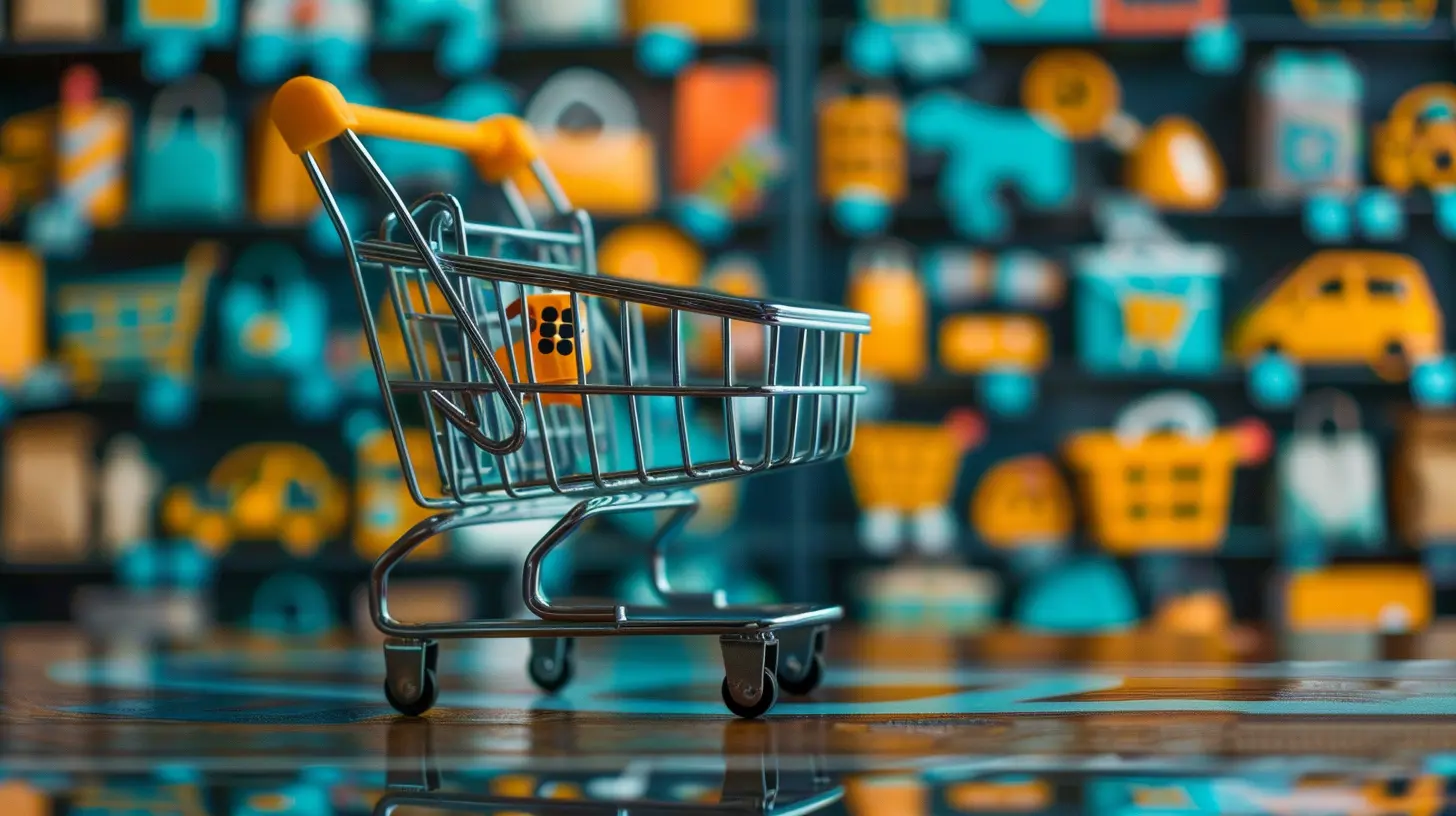
Why Loyalty Matters More Than Ever
Before we talk about how personalization builds loyalty, let’s take a second to understand why customer loyalty is so crucial these days.Customer acquisition costs are skyrocketing. It’s getting more expensive to attract new customers through ads, influencers, and content strategies. So, retaining existing customers is not only cheaper—it's smarter.
Loyal customers:
- Spend more over time
- Are more likely to recommend your brand
- Stick with you even when competitors come knocking
And get this—according to research, increasing customer retention by just 5% can boost profits by 25-95%. That’s no joke.
Now, let’s connect the dots between personalization and this golden ticket called loyalty.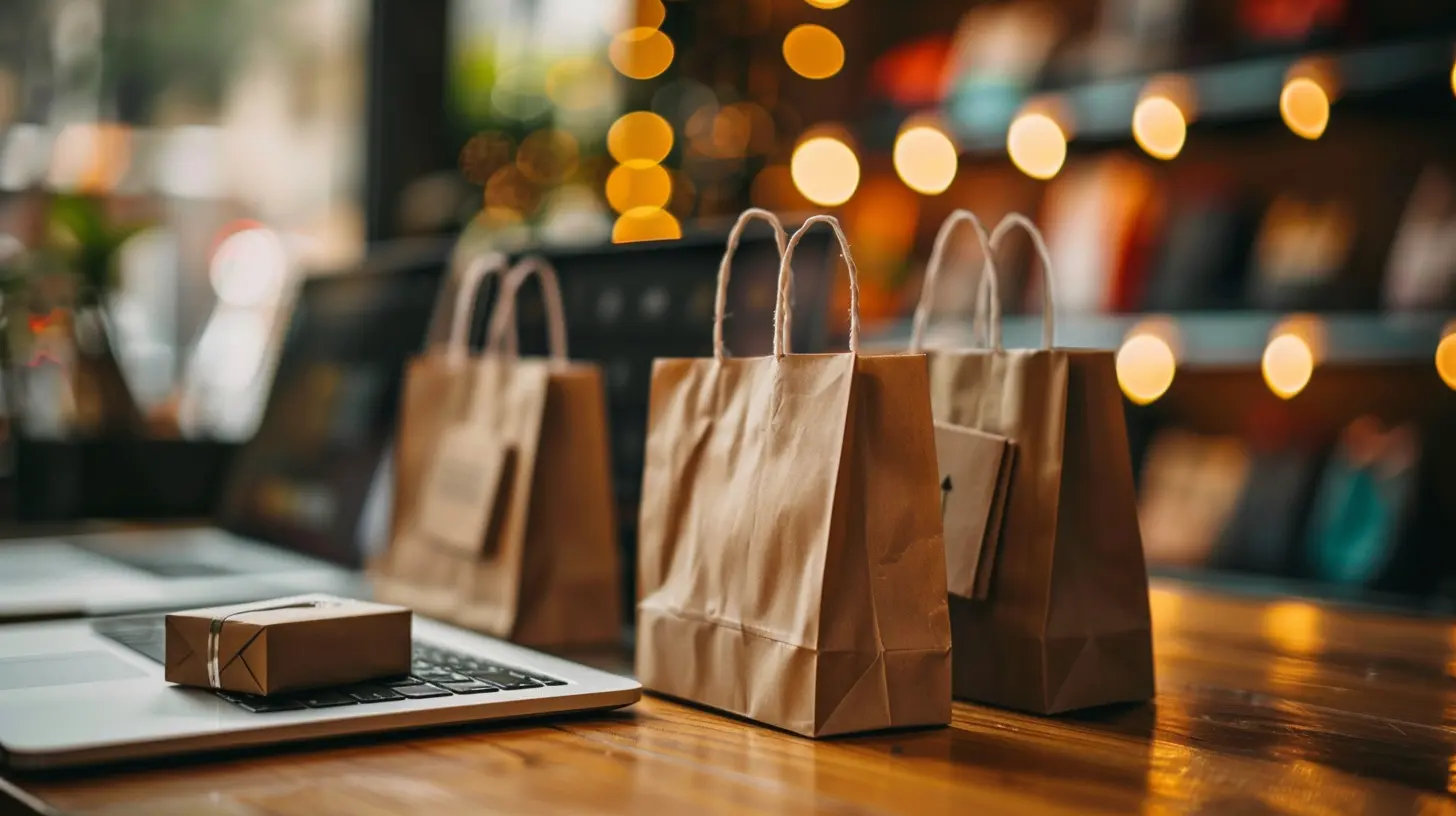
1. Personalized Experiences = Emotional Connection
We’re all human. We remember how brands make us feel. And personalization makes us feel important.When a brand remembers your birthday, recommends that hoodie you’ve been eyeing, or sends a follow-up email after you abandon your cart—it shows they care (or at least, it feels that way). This sparks an emotional connection.
And emotions? They’re the groundwork for loyalty.
Let’s compare it to dating. If someone remembers your favorite coffee order or the movie you said you wanted to watch, you feel seen. The same goes for businesses. If your e-commerce site says, “Hey Alex, we saved those sunglasses you loved,” it’s speaking your language.
Emotional loyalty trumps transactional loyalty. While discounts and perks can lure people in, it’s the personalized attention that keeps them coming back.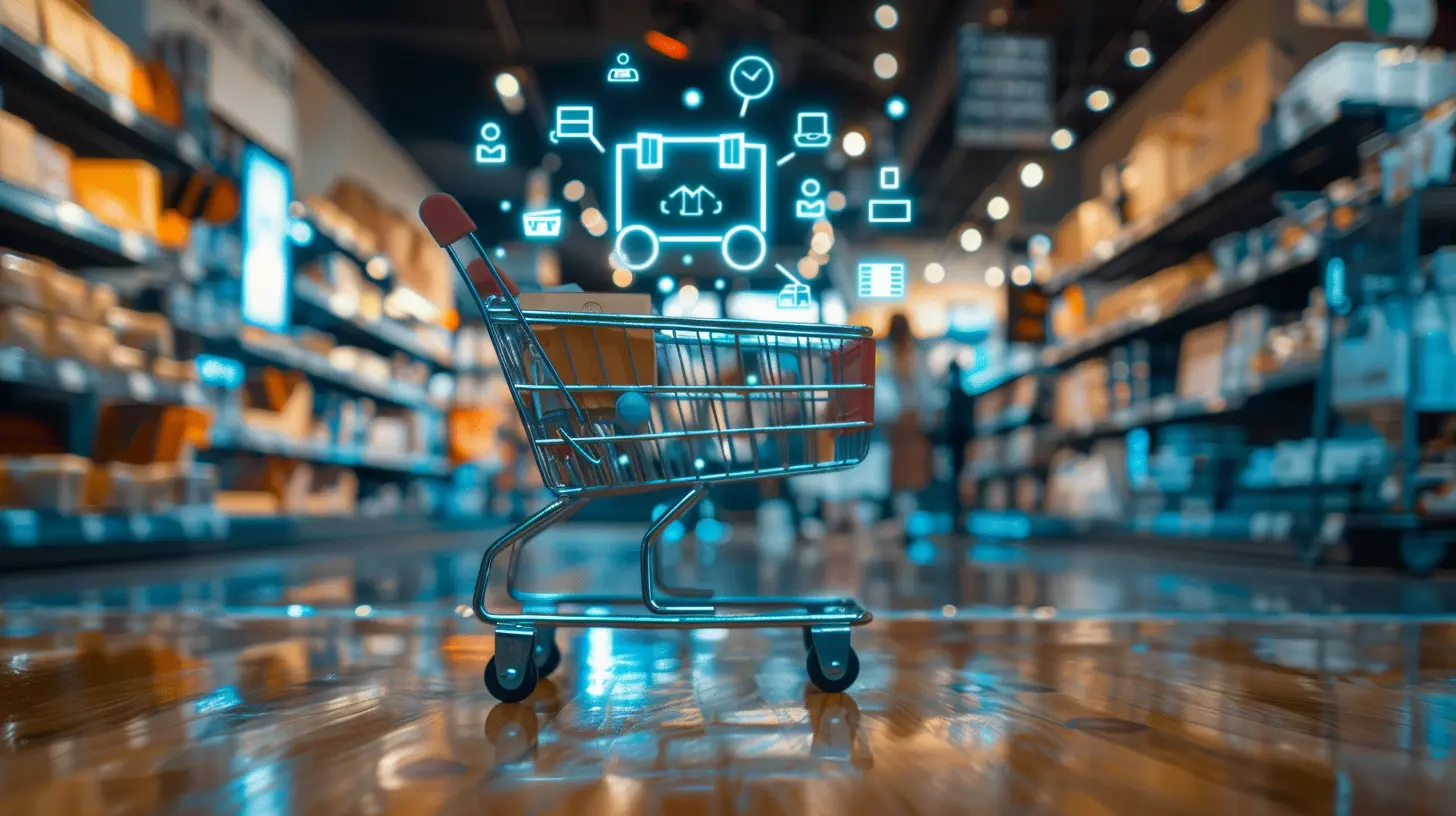
2. Better User Experience = More Conversions
Nobody likes wandering around a crowded store with no signs or help. The same goes for online stores.Personalization streamlines the shopping journey. When you log in and see a homepage curated just for you—those running shoes you browsed last night, your usual size filter already selected, and suggestions based on your past purchases—that’s a seamless experience.
Less time wasted. Fewer clicks. More chances you’ll hit "Add to Cart.”
And guess what? A smooth experience encourages customers to return. Because when it’s easy and efficient, customers feel like their time is valued. That sense of convenience builds trust, and trust is a cornerstone of customer loyalty.
3. Personalization Enhances Customer Retention
Let’s say you made a purchase. What happens next?Many businesses drop the ball after checkout. But successful B2C brands keep the conversation going—with personalized product care guides, suggestions for complementary items, and loyalty rewards tailored to your behavior.
This kind of post-purchase personalization makes customers feel valued beyond the transaction.
Take Spotify, for instance. Those “Made for You” playlists? Spot on. Or Amazon’s follow-up emails? Sometimes they’re creepily accurate, but they work.
When customers know they’re not forgotten after they click "buy,” they stick around.
4. Building Trust Through Data Transparency
Let’s face it: personalization requires data. And with data, comes responsibility.The good news? When handled right, data collection actually builds trust. That trust feeds into loyalty.
Customers are usually happy to share their preferences, as long as:
- They know how their data is being used
- They see real benefits from it
- Their privacy is respected
Transparency is key. When customers control their experience and data—through things like preference centers or opt-in personalization—they feel empowered. And empowered customers are loyal customers.
A pro tip? Offer personalization as a value exchange. “Tell us your style, and we’ll tailor your feed.” It’s a win-win.
5. Loyalty Programs That Feel Made Just for You
Generic loyalty programs are a thing of the past. Today’s consumers want programs that understand them.Starbucks nails this with its app-based rewards program. It learns what you like, gives you personalized offers, and even offers bonus stars on your favorite beverage.
Personalized loyalty programs increase engagement because they reward behaviors that matter to each individual customer. Whether it’s repeat purchases, social shares, or product reviews—tailor rewards to fit their habits.
It’s not just about earning points. It’s about feeling recognized.
6. Segmentation: The Secret Sauce to Personalization
Behind every personalized experience is solid customer segmentation.Instead of sending one email blast to your entire customer list (yawn), segmentation lets you divide customers based on demographics, behavior, purchase history, and preferences.
This way, a first-time shopper gets a different experience than a returning VIP.
It’s like hosting a dinner party and customizing the menu for each guest. Jane gets vegan, Mike gets BBQ, and everyone feels like the party was just for them.
Smart segmentation leads to more relevant messages, higher open rates, and stronger engagement—each of which drives long-term loyalty.
7. Real-Time Personalization = Instant Gratification
In the age of TikTok and one-day shipping, people expect instant results.Real-time personalization delivers just that. Using AI and machine learning, brands can adapt the user’s experience on the fly. For example, if a visitor lingers on running shoes, the homepage can quickly shift to showcase athletic gear.
This kind of dynamic content catches attention and keeps users engaged.
Imagine walking into a store where the shelves rearranged themselves based on where you looked. Cool, right? That’s the magic of real-time personalization—and it keeps customers coming back.
8. Personalization Across Channels = Omnichannel Bliss
Consumers don’t shop in one place anymore. They move from mobile to desktop to email to social—sometimes all in one day.To build loyalty, personalization has to follow them.
It’s not enough to personalize the website. The emails, social media ads, SMS messages, and even customer support should all reflect the user’s preferences and behavior.
When every touchpoint feels connected and consistent, it reinforces brand trust.
And when customers feel like your brand “gets” them wherever they go? That’s loyalty gold.
9. How Personalization Boosts Word-of-Mouth Marketing
Loyal customers don’t just come back—they bring friends.Personalized experiences are memorable, and people love sharing things that feel special. Whether it’s posting about a custom package, a surprise birthday discount, or a tailor-made playlist—happy customers become unofficial brand ambassadors.
Let’s be honest. We trust recommendations from friends way more than ads. So when personalization creates that strong emotional bond, it sparks word-of-mouth—and that’s how you grow organically.
10. Measuring the Impact of Personalization
If all this sounds great, you might be wondering: How do you know if personalization is actually working?Good question.
Here are some key metrics to keep an eye on:
- Customer Lifetime Value (CLV) – Is it increasing after personalized campaigns?
- Repeat Purchase Rate – Are customers coming back more often?
- Click-Through Rates (CTR) – Are emails with personalized content performing better?
- Conversion Rates – Are personalized product pages getting more sales?
- Customer Satisfaction (CSAT) – Are people saying they feel more connected to your brand?
If those numbers are going up, you’re heading in the right direction.
Final Thoughts: Make Personalization a Priority
Look, personalization isn’t just some trendy buzzword—it’s the backbone of customer loyalty in B2C e-commerce. It shows customers that they’re more than just a number, and in return, they reward you with their business, their trust, and their advocacy.But personalization isn't a one-and-done deal. It’s an ongoing relationship. Like any good friendship, you’ve got to keep learning, adapting, and showing up with value.
So whether you’re just starting out or looking to level up, remember: people crave connection. The more personalized your approach, the more likely customers are to stick around for the long haul.
Now go ahead—treat your customers like VIPs, and watch your brand loyalty skyrocket.
all images in this post were generated using AI tools
Category:
B2c MarketingAuthor:

Susanna Erickson
Discussion
rate this article
1 comments
Alanna Nguyen
Personalization enhances customer experience, fostering loyalty and driving repeat purchases.
October 24, 2025 at 3:47 AM

Susanna Erickson
Thank you for your insight! Absolutely, personalization is key to enhancing customer satisfaction and encouraging brand loyalty in B2C e-commerce.


